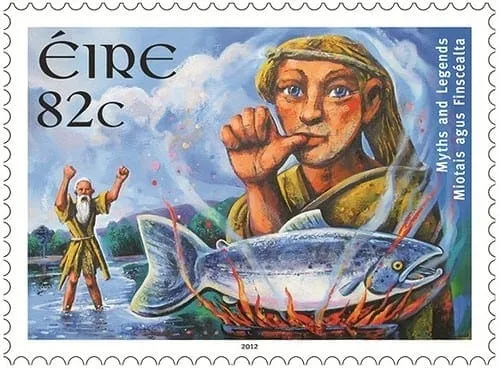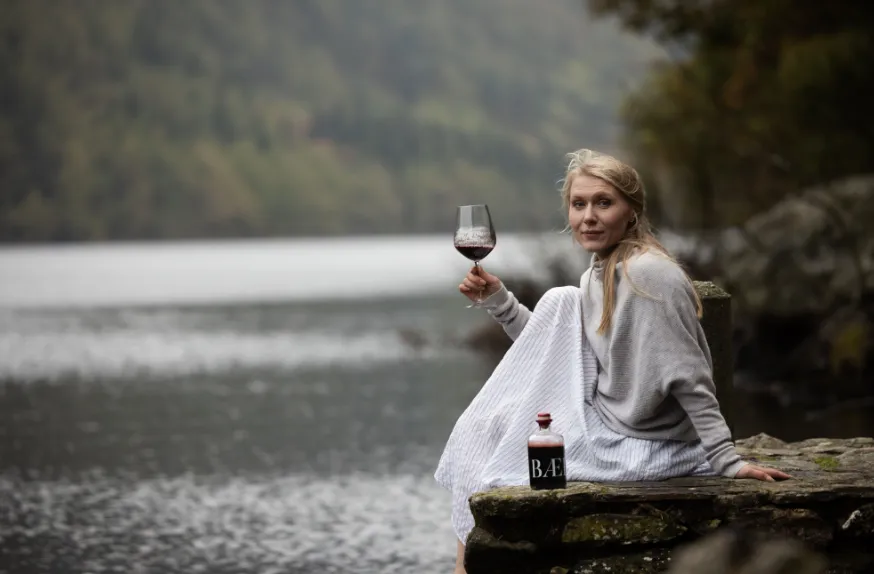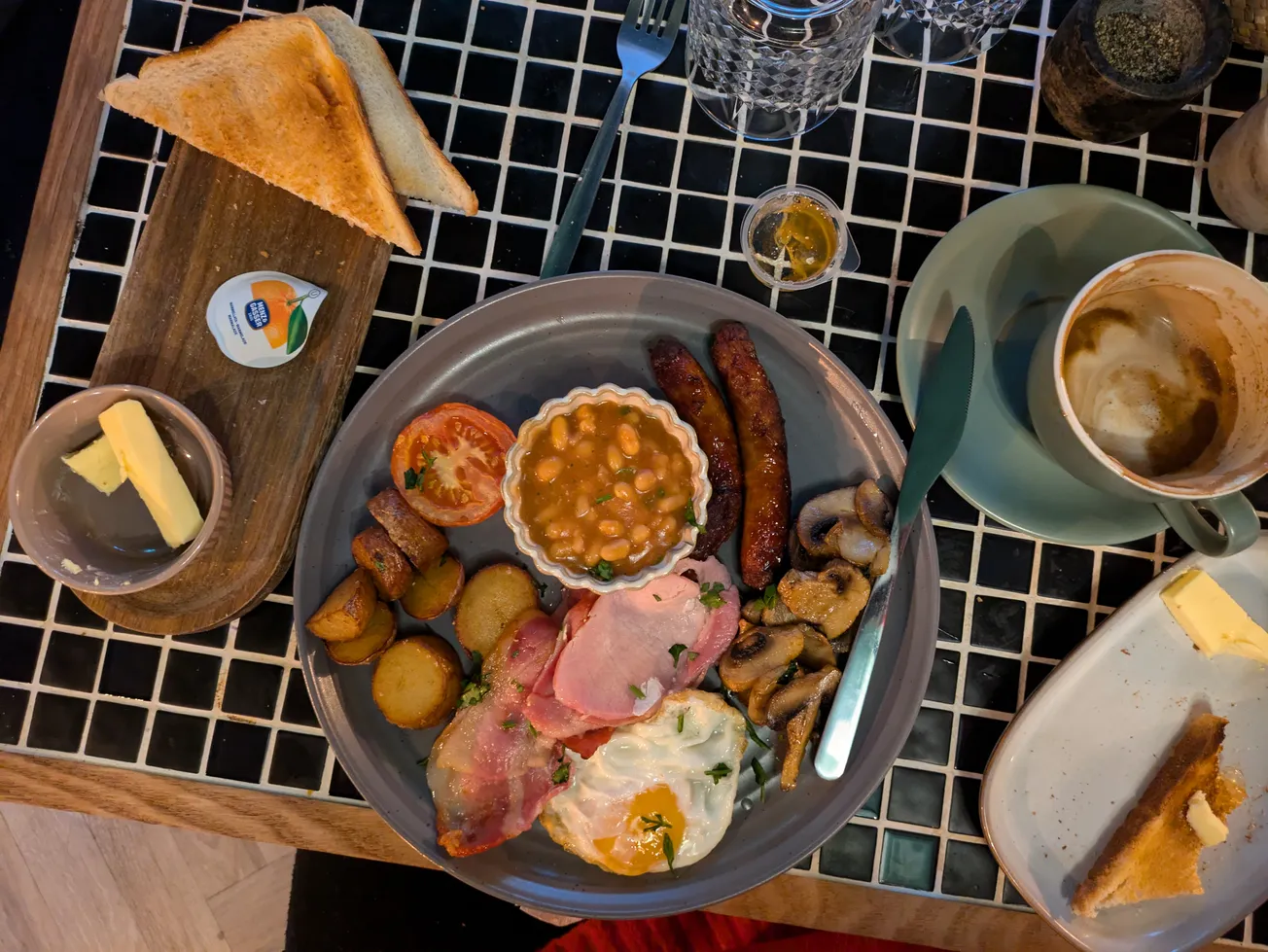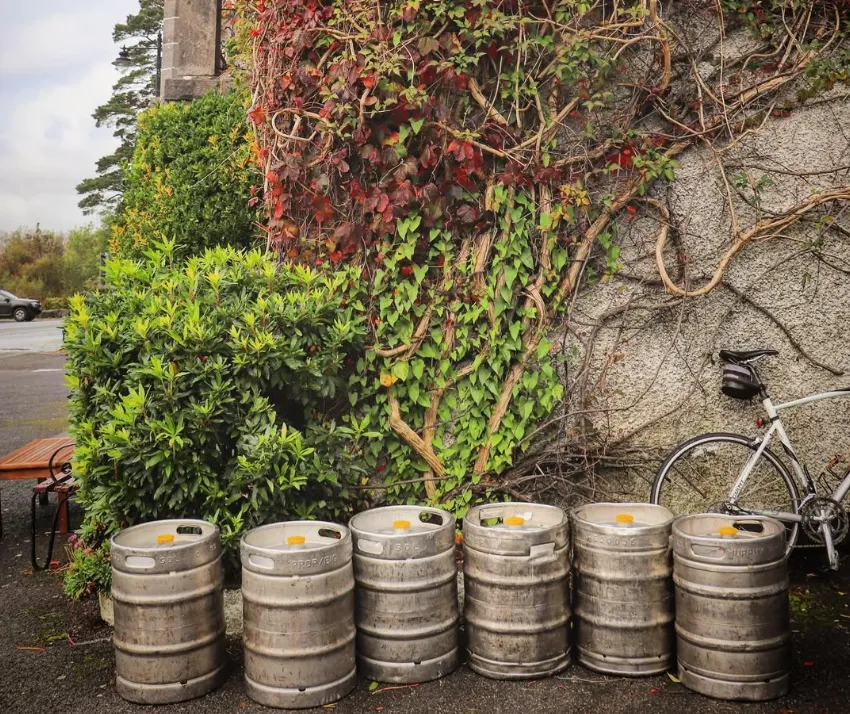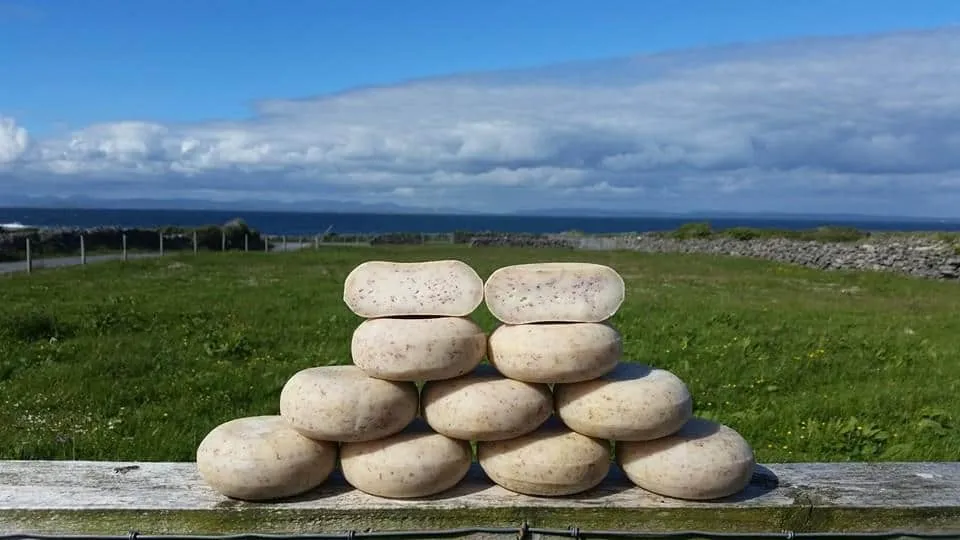Inland Fisheries Ireland (IFI) is spending €100 million on a National Barriers Mitigation programme from 2024 to 2027, to meet commitments made to address water quality pressures, while remaining helpless to address the most likely suspect as open net-pen fish farms fall out of their remit. The agency is responsible for facilitating angling media and tourism industry trips to Ireland. IFI will remove barriers to migrating fish, defining barriers as "anything that might stop a fish from migrating or slow it down on the way upriver." They include weirs, bridges, culverts, a build-up of debris and hydroelectricity generating stations. They are not in a position to remove open net-pen farms, which provide the naked eye's most glaringly obvious barriers of the return of wild Irish salmon.
Farmed salmon-like fish is not salmon, although it looks like it. Despite the nomenclature, including usage of "organic" market terminology, what you're buying in the shop isn't salmon. It's a farmed pink fish that's been swimming in circles its entire short life looking for a river it will never find from which it never left, a kind of lost idiot-fish with a lice problem responsible for devastating the Irish salmon, a fish of historic mythical significance. The Salmon of Knowledge is a story from the Fenian Cycle, which is believed to have originated in the 12th century.
That's how long ago humans were wise enough to recognise the intelligence of the salmon among other species as capable of finding the river of its origin after leaving to swim hundreds to thousands of miles at sea, and created a story based on it. That story was passed down orally across generations, so that their descendants might remember what they'd already learned, creating cumulative intelligence.
Wild salmon numbers returning to Ireland have dropped from 1.76 million in 1975 to 171,700 in 2022. The drift netting ban of 2007 sought by the EU has proven not to bring back the numbers, yet at the time, inshore commercial fishermen were offered €25 million to quit fishing, their multigenerational way of life.
Open net-pen fish farming began in Ireland in the 1980s. The first wide scale research into the effects of sea lice in Ireland was published in 1992. The overall scientific consensus for the next 28 years became that sea lice from aquaculture facilities have a devastating effect on wild salmonids.

Still, open net-pen farms in Ireland more than doubled between 2007-2016 and government estimates suggested a 78 percent increase in farmed salmon production between 2017 and 2020. There are ~38 licensed facilities fin fish facilities from West Cork to Donegal.
Irish salmon is more valuable as an Irish tourism, sporting, and cultural product than the farmed salmon attacking itIn 2023, Ireland exported ~€1.3 million in farmed salmon-like fish. As automation increases, the Irish open net-pen industry provides fewer sustainable career opportunities than the Irish salmon and neighbouring species do in sustainable tourism and recreational angling, a ~€1 billion industry. Tourism Ireland dropped the role of Angling Executive sometime in the twenty teens, relegating angling under the umbrella of a role that oversees "golf and outdoor activities."
Earlier this year, both Keohane Seafoods and Cill Chiaráin Éisc Teoranta accepte hundreds of thousands in euros to increase farmed salmon-like fish processing. The Irish arm of British supermarket chain Tesco also signed a new €21 million ($22.6 million) contract with Keohane Seafoods. The West Cork-based seafood supplier has around 200 employees.
Connemara-based CCET employs around 30 people. They accepted €272,400 in grant aid under the Brexit Process Capital Support Scheme recommended by the Seafood Taskforce established by Minister for Agriculture, Food and the Marine, Charlie McConalogue T.D. and implemented by Bord Iascaigh Mhara (BIM). The scheme is funded by the European Union under the Brexit Adjustment Reserve.
“We are very proud of what we do here” according to Bridie Casey, Financial Controller with CCET. “ISPG is one of Ireland’s leading suppliers of organic salmon farmed at sea. We were established in 1986 by a group of artisan farmers producing a relatively small quantity of Irish salmon. From humble beginnings, it has grown to become Ireland’s most reputable supplier of organic salmon with a strong reputation worldwide.”
Says Bridie, “We are very excited about the energy efficiencies. Everything now is geared towards being sustainable and our ambition is to cut down on our carbon footprint and to one day be carbon neutral.”
“Without the support of BIM and the Brexit grant we would not have been in a position to undertake this investment. This has been massive for us, and has helped futureproof our operations and protect local jobs.” says Bridie.
Never mind fishermen already had jobs prior to 2007. What's important now is to take the farms out of the water and onto land urgently to remove barriers to migrating fish. They are not "wild" salmon. They are Irish salmon. They each spawned in the likes of the Bundorragha and Erriff—exclusively, you understand, not either or both—and the open net-pen fish farms people like Bridie are relying upon are blocking their way home.

Heather Richie is Wade & Wallow's digital editor and has also written for Oxford American, Fly Fisherman, Sporting Classics, and Garden & Gun. A graduate of College of Charleston and Sewanee: The University of the South, her MFA thesis FULL: A Slim Volume on Southern Foodways was accepted for publication by Louisiana State University Press.

